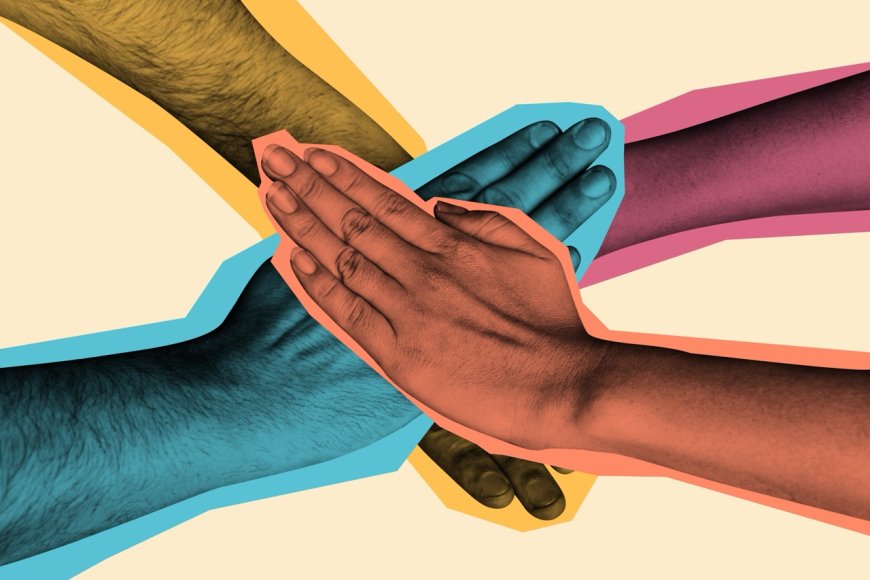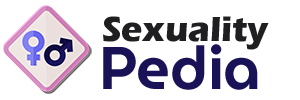Recognizing and Respecting Personal Boundaries: A Guide for Everyone
Learn how to identify and respect personal boundaries in relationships, work, and social life. Improve communication, build trust, and foster emotional safety for yourself and others.

Recognizing and Respecting Personal Boundaries: A Guide for Everyone
Personal boundaries are essential for emotional well-being, healthy relationships, and mutual respect. They define the limits of what we find acceptable in our interactions—physically, emotionally, and mentally. Without clear boundaries, relationships can become unbalanced, manipulative, or even harmful. Recognizing and respecting boundaries is a fundamental life skill that fosters trust, safety, and mutual understanding across all areas of life.
What Are Personal Boundaries?
Personal boundaries are the invisible lines that define where one person ends and another begins. These boundaries protect your sense of self, personal space, emotions, time, and energy. They help you determine what behaviors you will accept from others and how you will respond when those boundaries are crossed.
Boundaries can be physical (like needing personal space), emotional (like not wanting to be criticized harshly), mental (like not sharing certain beliefs), or even digital (like needing privacy online). Every individual’s boundaries are different, and they can change over time and in different contexts.
Why Are Boundaries Important?
Boundaries are essential for maintaining your identity, reducing stress, avoiding burnout, and building respectful relationships. When you understand and honor your own boundaries, you can better articulate your needs and limits to others. Respecting someone else's boundaries shows that you value them as a person and want to foster a safe and comfortable interaction.
Healthy boundaries lead to more fulfilling relationships because they establish mutual respect, reduce conflict, and create emotional safety. Without boundaries, people may feel violated, disrespected, or emotionally drained.

Signs of Healthy Boundaries
- You feel comfortable saying “no” without guilt.
- You express your needs and desires openly.
- You respect others’ limits and expect the same in return.
- You maintain your identity and independence in relationships.
- You don’t tolerate disrespect, manipulation, or coercion.
Common Types of Boundaries
Physical Boundaries
These relate to your personal space, touch, and physical needs. Everyone has different comfort levels with hugs, handshakes, and proximity. It's crucial to ask before initiating physical contact and to accept when someone declines.
Emotional Boundaries
These protect your feelings and emotional well-being. They involve managing emotional energy, saying no to guilt trips, and refusing to take responsibility for others’ emotions. It’s okay to distance yourself from people who drain your emotional reserves.
Time Boundaries
These help you protect how your time is used. You have the right to say no to obligations or activities that overwhelm you or don’t align with your priorities. Time boundaries ensure you can rest, recharge, and focus on what truly matters to you.
Intellectual Boundaries
These pertain to your thoughts, ideas, and beliefs. Disagreements are natural, but healthy boundaries mean you can express your views without being insulted or belittled. Likewise, you must respect that others may think differently than you.
Digital Boundaries
With so much of our lives online, digital boundaries are more important than ever. These include limits on screen time, privacy settings, and how/when you engage with others online. It’s okay to mute, block, or unfollow accounts that make you uncomfortable.
How to Recognize When Boundaries Are Being Crossed
You might feel anxious, drained, angry, or resentful when someone crosses your boundaries. You may also feel obligated to say yes when you want to say no or find it difficult to speak up. Trust these emotional signals—they’re warning signs that your personal limits are not being respected.
How to Communicate Your Boundaries
Setting boundaries requires clear, assertive communication. Here’s how to do it:
- Use “I” statements: “I feel overwhelmed when I don’t have time to myself.”
- Be direct and respectful: “I’d appreciate it if you’d call before visiting.”
- Practice saying no: “No, I can’t help with that right now.”
- Offer alternatives when appropriate: “I can’t meet today, but I’m free tomorrow.”
Remember, setting boundaries is not rude or selfish—it’s necessary for your mental health and personal growth.
Respecting Other People’s Boundaries
Just as you expect your boundaries to be respected, it’s important to honor those of others. That means listening without judgment, asking for permission before assuming closeness, and accepting their limits without pressure or resentment. Even if you don’t understand someone’s boundary, you should still respect it.
Consent, communication, and awareness are key. Simple questions like “Is this okay?” or “Do you need space?” can go a long way in showing respect and care.
What to Do When Boundaries Are Not Respected
If someone repeatedly violates your boundaries after you've communicated them, you may need to enforce consequences. This could involve limiting contact, ending relationships, or seeking professional help. You have the right to protect your emotional and physical well-being.
Teaching Children About Boundaries
It’s never too early to teach children about personal boundaries. Encourage them to speak up if they feel uncomfortable and to respect the limits of others. Modeling respectful behavior and reinforcing body autonomy lays the groundwork for healthy future relationships.
Boundaries and Mental Health
Strong boundaries are closely linked to better mental health. They reduce anxiety, prevent burnout, and give you more control over your life. When you prioritize your needs, protect your energy, and avoid toxic dynamics, you can thrive emotionally and psychologically.
Conclusion
Recognizing and respecting personal boundaries is a skill everyone should develop. It empowers individuals, strengthens relationships, and promotes mutual understanding. When we create space for others to feel safe and respected, we build a more compassionate and inclusive world.
Take time to reflect on your own boundaries, communicate them clearly, and respect the limits of others. In doing so, you'll not only protect your own well-being but also contribute to healthier, more respectful communities.











